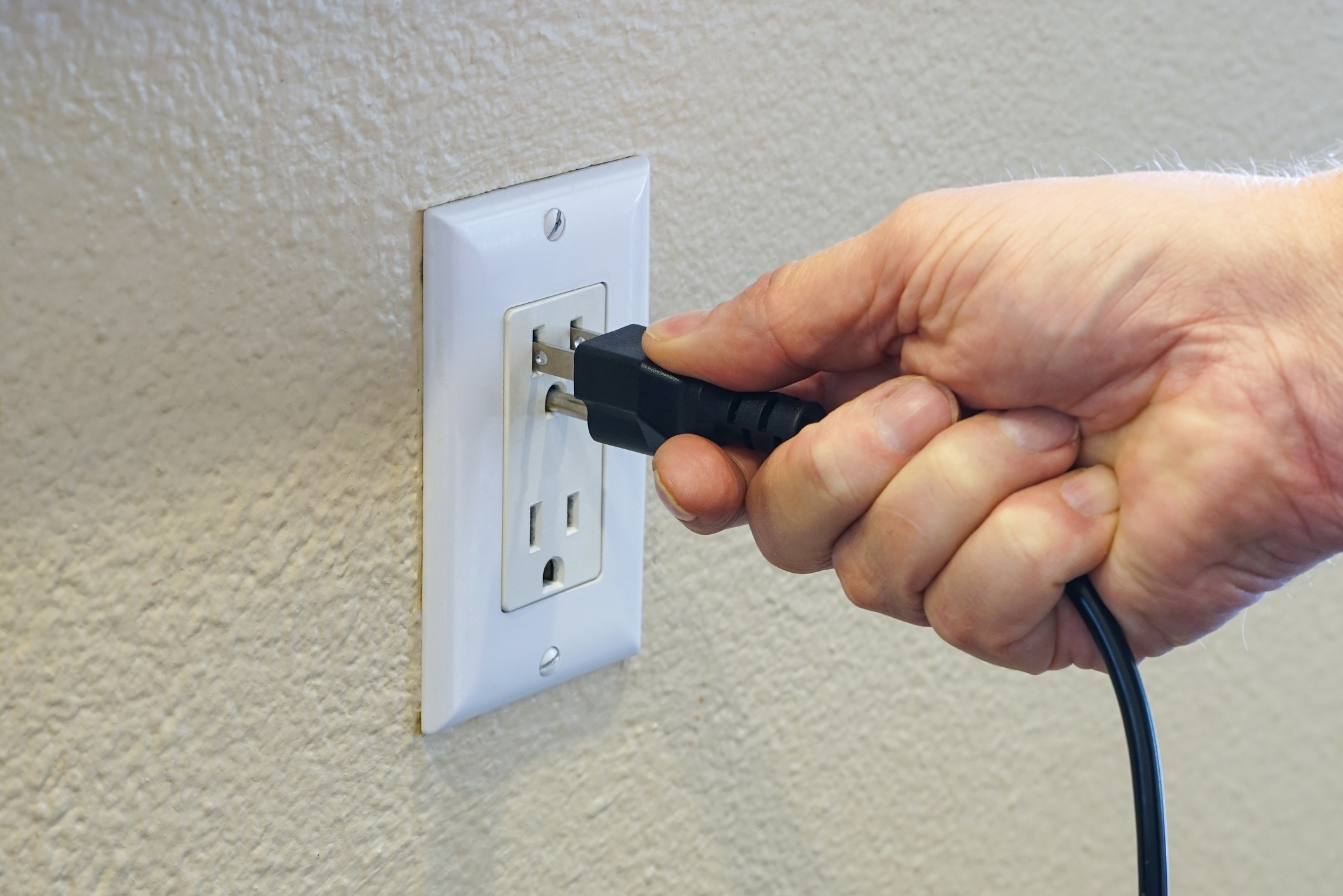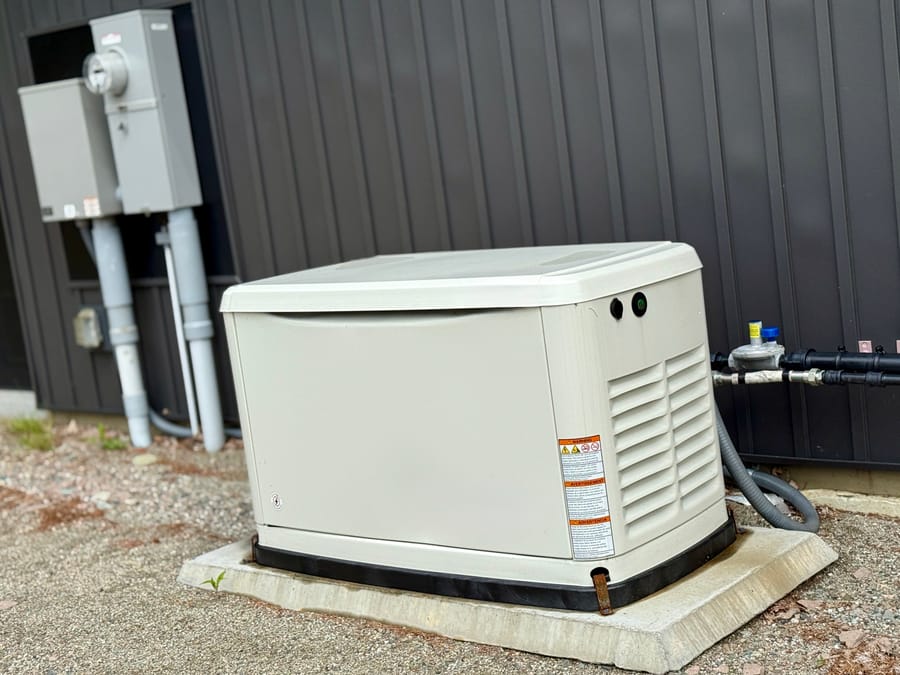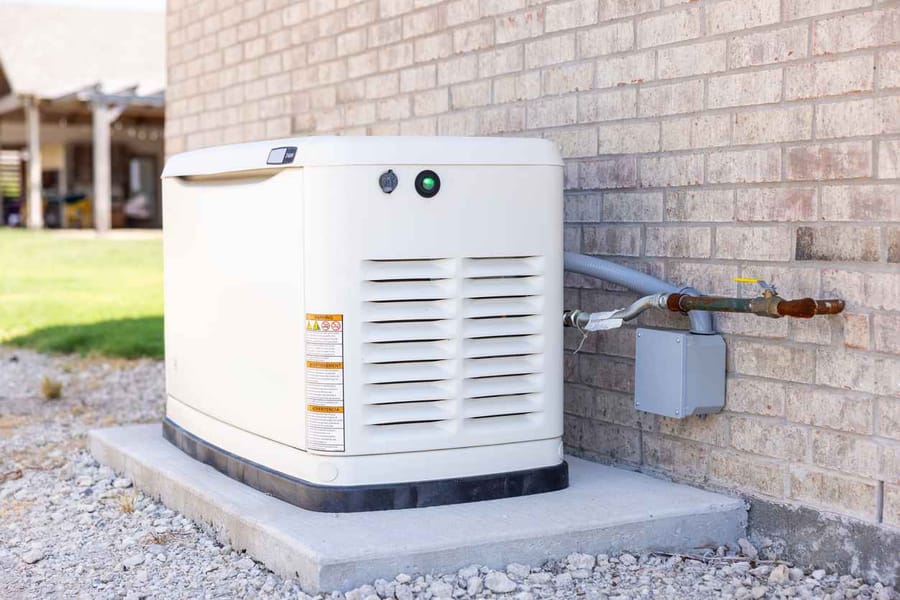How Safe is an Ungrounded Outlet?

Electricity is an essential part of modern living, powering everything from lights and appliances to gadgets and heating systems. However, not all electrical systems are created equal. One common concern among homeowners is the safety of ungrounded outlets. In this blog, we will explore what ungrounded outlets are, the risks they pose, and why upgrading to grounded outlets is essential for your home’s safety.
What is an Ungrounded Outlet?
An ungrounded outlet, also known as a two-prong outlet, lacks a grounding wire. In contrast, a grounded outlet has three prongs: hot, neutral, and ground. The grounding wire in a grounded outlet provides a safe path for electricity to follow in case of a fault, reducing the risk of electric shock or fire.
Why Were Ungrounded Outlets Used?
Ungrounded outlets were common in homes built before the 1960s when the electrical codes did not require grounding. At that time, the electrical load and the number of electrical devices in homes were much lower than today. As technology advanced and the demand for electricity grew, the need for safer, more reliable electrical systems became apparent, leading to the widespread adoption of grounded outlets.
The Risks of Ungrounded Outlets
Electrical Shock
One of the primary dangers of ungrounded outlets is the increased risk of electrical shock. Without a grounding wire, any fault in an electrical device can cause the metal parts to become live with electricity, posing a significant hazard to anyone who touches them.
Fire Hazard
Ungrounded outlets can also increase the risk of electrical fires. Without a grounding path, electrical faults can cause sparks and overheating, leading to fires that can spread quickly and cause severe damage.
Equipment Damage
Many modern electrical devices are designed to be used with grounded outlets. Using these devices with ungrounded outlets can lead to malfunctions or damage. For instance, sensitive electronics can suffer from voltage fluctuations, potentially shortening their lifespan.
Code Compliance
Most local building codes now require grounded outlets in new constructions and significant renovations. Homes with ungrounded outlets may not meet current safety standards, which can be a problem when selling or insuring the property.
Grounded vs. Ungrounded Outlets
The primary difference between grounded and ungrounded outlets is the presence of a grounding wire. This seemingly small addition makes a significant difference in safety and performance. Grounded outlets provide a safer path for electricity, reducing the risk of shock and fire. They also offer better protection for your devices, ensuring they operate correctly and last longer.
Do Outlets Need to Be Grounded?
Yes, outlets need to be grounded to ensure safety and compliance with current electrical codes. Grounding provides a critical safety mechanism that protects people and property from electrical hazards. While ungrounded outlets might still be functional, they are not safe by modern standards.
How to Identify Ungrounded Outlets
Identifying ungrounded outlets is relatively straightforward. The easiest way is to look at the outlet itself. Ungrounded outlets have only two slots, whereas grounded outlets have three: two vertical slots and a round hole beneath them. If you’re unsure, you can use a circuit tester to check for grounding or contact a licensed electrician for an inspection.
Upgrading to Grounded Outlets
Upgrading from ungrounded to grounded outlets is a crucial step in ensuring your home’s electrical safety. This process typically involves:
- Inspection: A licensed electrician will inspect your home’s wiring to determine the extent of the work required. In some cases, the existing wiring may already have a grounding path, making the upgrade simpler.
- Rewiring: If your home lacks the necessary grounding wires, the electrician will need to rewire the circuits to include grounding. This can be a more extensive job but is essential for safety.
- Outlet Replacement: The final step is replacing the old ungrounded outlets with new grounded ones. This ensures that your electrical system is up to code and significantly safer.
The Benefits of Grounded Outlets
- Improved Safety: The most significant benefit of grounded outlets is improved safety. Grounding provides a safe path for electricity, reducing the risk of shock and fire.
- Protection for Devices: Grounded outlets protect your electrical devices from damage caused by voltage fluctuations and faults, helping them last longer and operate more reliably.
- Code Compliance: Upgrading to grounded outlets ensures your home meets current electrical codes, which is essential for insurance and resale purposes.
- Peace of Mind: Knowing that your electrical system is safe and up to date provides peace of mind for you and your family.
Conclusion
The safety of your home’s electrical system is paramount, and ungrounded outlets pose a significant risk. By understanding the dangers of ungrounded outlets and the benefits of upgrading to grounded outlets, you can make informed decisions about your home’s electrical safety.
For professional assistance and to ensure your home meets current safety standards, contact Chesapeake Electric. Our team of licensed electricians is here to help with all your electrical needs, from inspections and upgrades to repairs and installations. Ensure your home is safe and up to code—reach out to Chesapeake Electric today!
Recent Posts

January 23, 2026

January 22, 2026

January 21, 2026

December 19, 2025

December 19, 2025

December 19, 2025

November 21, 2025